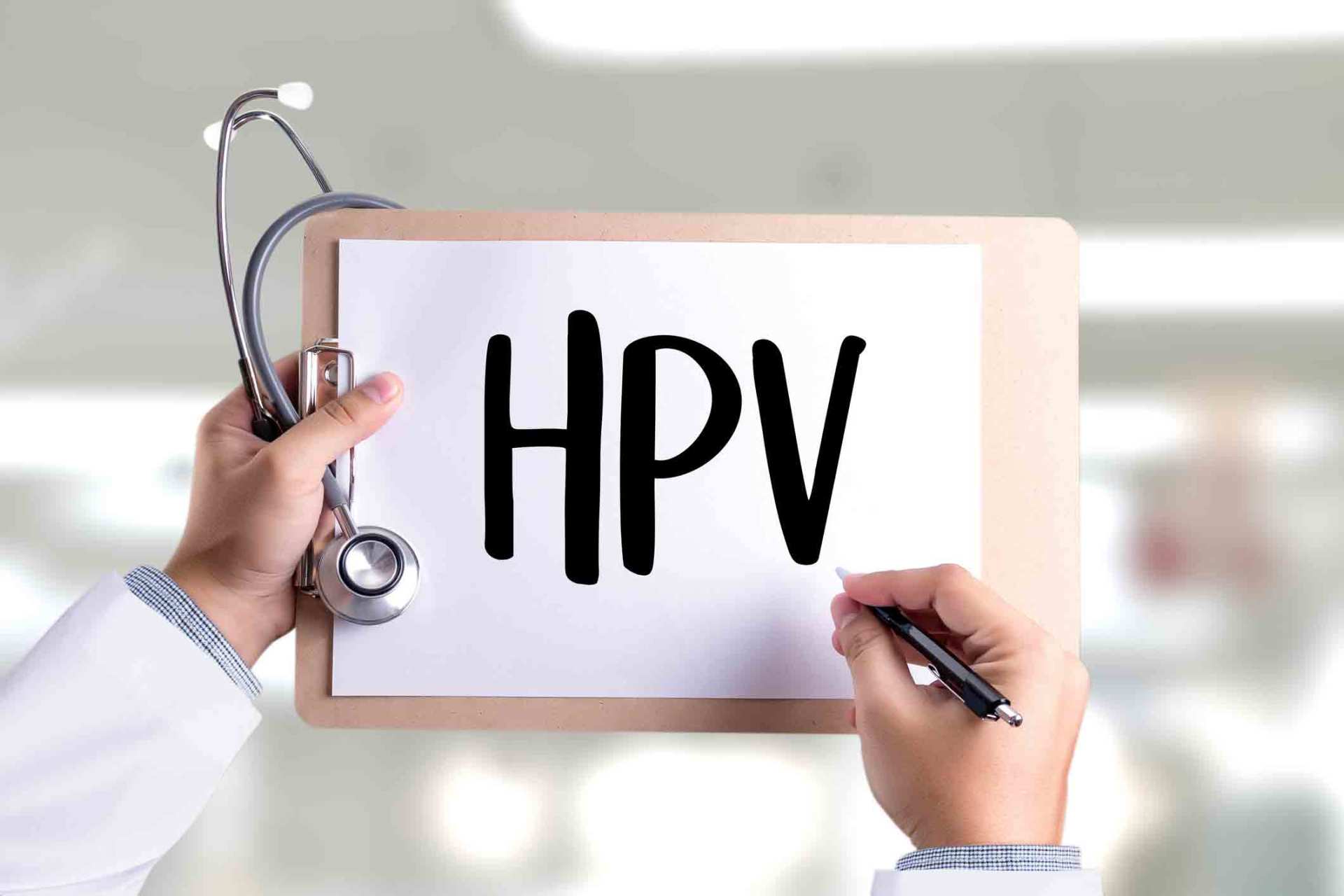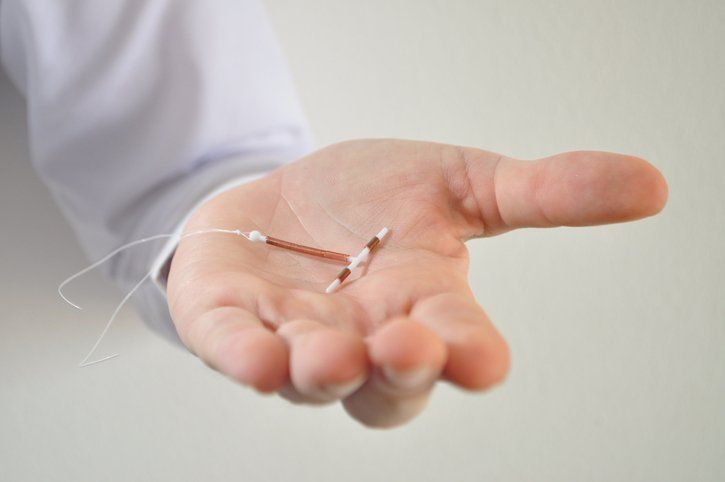What You Should Know About HPV
- By Admin
- •
- 30 Jul, 2020
- •

Human papillomavirus (HPV) is a common sexually transmitted disease. Statistics indicate that an estimated 80 percent of sexually active people in the U.S. will acquire it at one point throughout their lives. Shockingly, at any point, around 79 million individuals in the U.S. have an active HPV infection. Since HPV is such a prevalent concern, you should understand more about it.
Information About HPV
HPV is an infection that most commonly affects individuals who are in their late teens or early 20s. However, you can contact HPV at any time in your life if you're sexually active. You may contract this STD from vaginal, anal, or oral sex, and it occurs from sexual contact, not through bodily fluid exchange.
More than 100 strains of HPV are known, but only 14 of those are known to cause cancer, notes the World Health Organization (WHO). Moreover, according to the Centers for Disease Control and Prevention (CDC), the strains that cause genital warts are not the same as the ones that cause cancer. The individuals who contract HPV in their 20s and still have active infections in their 30s are more at risk for cervical cancer.
Symptoms of HPV
Despite how common HPV is, the CDC reported that most people don't know they have HPV because it won't cause any symptoms. In fact, if you contract a high-risk form of the virus, meaning one that can cause cancer, you won't experience any symptoms. However, if you develop HPV from a non-cancerous type, such as 6 or 11, you may develop genital warts.
Genital warts look like fleshy bumps. In some cases, the warts look like small cauliflower florets. Either type of wart may arise in the following areas:
- Cervix
- Vulva
- Vagina
- Anus
Usually, genital warts are painless, but sometimes, they cause pain or irritation.
Diagnostics for HPV
Generally, you know you have HPV if you show the signs mentioned above. Unfortunately, no HPV tests are given or approved for women or men. A gynecologist can usually diagnose a genital wart through a gynecological exam.
If you don't have warts, the only way to know that you have HPV is through an abnormal Pap test, which reveals abnormal, precancerous, or cancerous cells. If you don't receive routine screenings, you may not know you have a strain of HPV until you develop a serious issue like cancer.
Generally, a gynecologist will recommend routine Pap tests when you reach your 30s.
Treatment for HPV
If you undergo the diagnosis process, you may not need treatment. HPV usually clears up naturally within two years of onset because your immune system will attack it, whether it's a low-risk or high-risk form of HPV. However, if you have genital warts that don't go away, you may seek out treatment from a gynecologist, which may include a prescription medication.
If your gynecologist finds pre-cancerous cells from an HPV infection, you can opt for cryotherapy or a Loop Electrosurgical Excision Produce (LEEP) to remove the cells.
However, if your gynecologist finds cancerous cells, your gynecologist will direct you in regards to the next step you should take.
Prevention of HPV
Since HPV is a common issue that can cause complications, prevention is the most effective way to reduce your risk of genital warts and reproductive cancers from the HPV virus.
First and foremost, you always want to use a barrier form of birth control, such as a condom or dam, when you partake in sexual encounters. You may also want to consider the HPV vaccine, which can prevent both low-risk and high-risk forms of the virus.
Book an appointment if you have genital warts, would like a comprehensive gynecological exam including a Pap smear, or want to discuss the HPV vaccine by contacting Jack G. Faup M.D., serving Orlando, FL, and the general vicinity.



